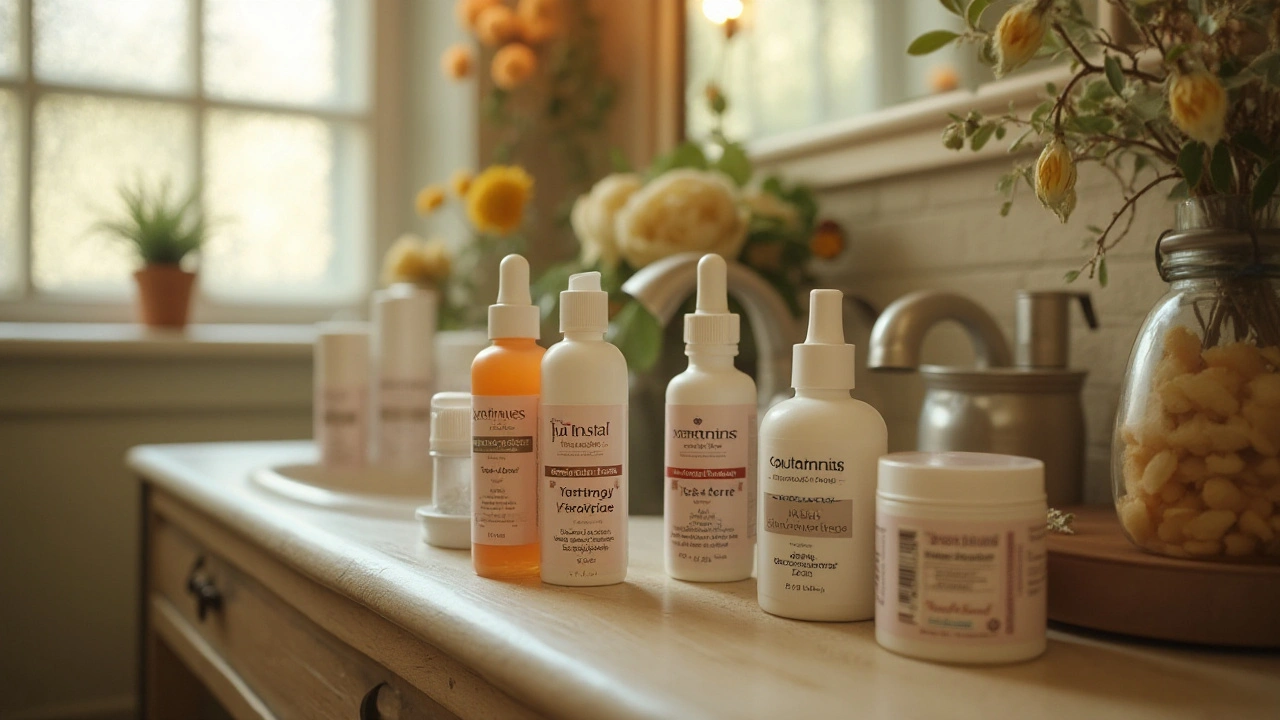Skin care: Meds, acne treatments and smart safety tips
Skin problems aren’t just cosmetic — they can come from infections, inflammation, or reactions to medicines. On this tag page you’ll find straightforward guides: antiviral pills for shingles and herpes, acne alternatives, topical antibiotics and how to handle medications safely. I’ll point out what works, what’s risky, and how to get reliable meds without guessing.
Start by asking: do you need a prescription? For viral rashes (herpes or shingles) oral antivirals like famciclovir (Famvir) shorten outbreaks when started early. For bacterial skin infections, doctors often pick antibiotics that match the bug — sometimes a topical drug, sometimes oral. For acne, lots of over-the-counter options work fine for mild cases; prescription options are for stubborn, inflamed acne or scarring risk.
Common skin meds and how to think about them
Famvir and similar antivirals stop viral replication — they don’t cure the virus but they cut the length and pain of an outbreak. If you get frequent outbreaks, talk to a clinician about suppressive therapy. For acne, alternatives to one branded treatment can include benzoyl peroxide, topical antibiotics, or different retinoids; pick based on your skin type and tolerance. Emu oil and other supplements show some anti-inflammatory effects but have mixed evidence — they can help dry or irritated skin for some people, but don’t expect miracle results.
Topical antibiotics and systemic antibiotics are different tools. Drugs like chloramphenicol are powerful and need careful storage and disposal. For serious wounds or burns, combinations like amoxicillin with clavulanate help when bacteria make enzymes that block simpler antibiotics. Always follow dosing and finish courses when prescribed — stopping early can lead to resistance.
Safety, storage and buying meds online
Store medications where they stay dry and at correct temperatures. Ointments and creams usually avoid sunlight and high heat; follow the label. Dispose of unused antibiotics or potent creams at a pharmacy take-back or follow local disposal rules to avoid environmental harm. Don’t flush most meds down the toilet.
If you buy online, pick pharmacies with clear contact info, pharmacy license details, and real customer reviews. Be cautious with sites that sell prescription drugs without asking for a prescription. For people crossing borders, know the local rules: some countries allow small personal imports, others don’t. When in doubt, talk to your pharmacist — they can confirm a product’s authenticity and advise on interactions, especially if you’re on other meds that affect metabolism or weight.
Use the articles listed under this tag to read specific guides — from Famvir and Isofair alternatives to storage tips for chloramphenicol and how emu oil stacks up. If you’re treating skin problems, combine good information with a quick check-in from a healthcare pro. That’s the fastest way to get relief and avoid surprises.
Top 10 Alternatives to Isotroin for Acne Treatment
Exploring different alternatives to Isotroin can provide effective solutions for managing acne. From topical treatments like Tretinoin and Benzoyl Peroxide to antibiotics such as Doxycycline and Clindamycin, each option has its unique advantages and drawbacks. This article provides an in-depth look at the pros and cons of ten alternatives, aiding individuals in finding the most suitable acne treatment. Understanding each choice allows for better personal decisions in skin care.
